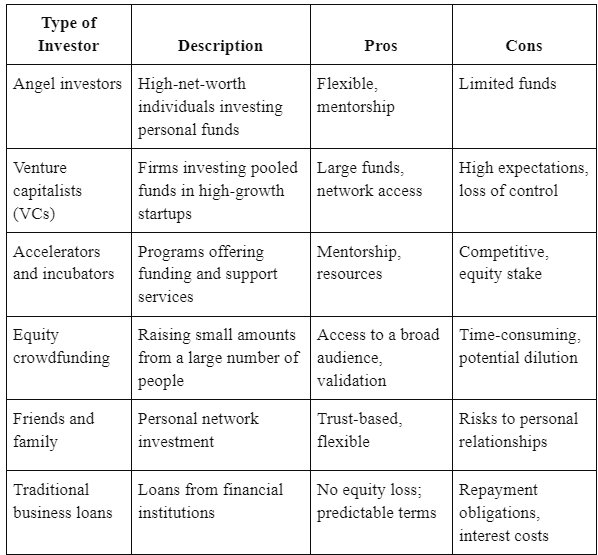
The forex market holds an undeniable fascination for traders of all levels. And why not? We’re talking $6 trillion, exchanging hands daily across major currency pairs, 24 hours a day, 5 days a week. This market moves with the sun from Asian to European to American trading sessions; the action never ceases. Such an enormous, dynamic playground must promise tremendous profit potential, right?
However, successfully navigating the complexities of the forex landscape presents a significant challenge. This is where forex trading bots come in – automation tools that employ algorithms, data analysis, and artificial intelligence to execute trades.
The Allure and Complexity of Forex Trading
The sheer scope of the forex market fuels its appeal amongst traders. Over $6 trillion changes hands daily across currency pairs like EUR/USD and GBP/JPY. Unlike stock exchanges, forex operates 24 hours a day, 5 days a week, moving with the business hours of the world’s financial centers. Such non-stop action provides constant opportunities for profit…or loss.
For an individual trader, even one armed with an online brokerage account and the best forex ea, exploiting these opportunities takes immense skill. Split-second decisions about opening or closing positions carry tremendous risk. Emotions like greed and fear can cloud judgments. And monitoring the markets around-the-clock quickly leads to burnout. Most beginners wash out of forex trading within a year.
Trading Bots Augment Human Intelligence
This is where AI and automation step in – not to replace human traders but to augment their abilities. Bots excel at crucial but tedious tasks like screening price charts for trade signals, executing precise buy and sell orders 24/7, and continually adjusting stop losses and take profits.
Freed from this grunt work, traders can spend more time analyzing the overall market, planning more intelligent trades, and managing risk. Bots don’t experience exhaustion or emotion. They enable human traders to capitalize on many more opportunities.
Key Benefits of Forex Trading Bots
Here are a few benefits of utilizing Forex trading bot:
1. Efficiency
Bots open and manage trades faster than any human could manually. Their emotionless algorithms stick to strategies without hesitation or second-guessing. This speed and precision are essential for scalping profits from small price movements.
2. Multitasking
Unlike humans, bots can monitor dozens of currency pairs simultaneously, recognizing opportunities across global markets. Humans would quickly suffer mental fatigue tracking so many fluctuating prices and charts.
3. Discipline
Bots strictly adhere to preset trading rules, removing the temptation for traders to deviate from sound strategies under stress or greed. Sticking to stop losses is especially crucial for risk management.
4. Adaptability
Sophisticated bots can monitor market conditions and statistics, automatically adjusting their trading strategies to optimize performance. Humans often lack the data-savvy to tweak their approaches over time.
Start With Caution and Realistic Expectations
Of course, bots have limitations. They can only operate as well as their underlying algorithms and data feeds. They lack the human intuition and flexibility to respond to unexpected market events. Poorly designed bots can wreak financial havoc if not rigorously backtested and monitored.
Novices should approach forex bots with healthy skepticism and caution. Work with reputable providers that allow testing of a bot’s viability before spending significant capital. Start slowly by automating elements of a trading plan rather than handing over the reins entirely. And know that bots complement human intelligence rather than replacing the need to continually learn and refine trading skills.
Used judiciously, forex trading bots help smooth out the emotional rollercoaster of the markets. They expand the capabilities of human traders through technology. And they could offer the missing edge to finally achieve reliable profits from this tempestuous financial arena.










